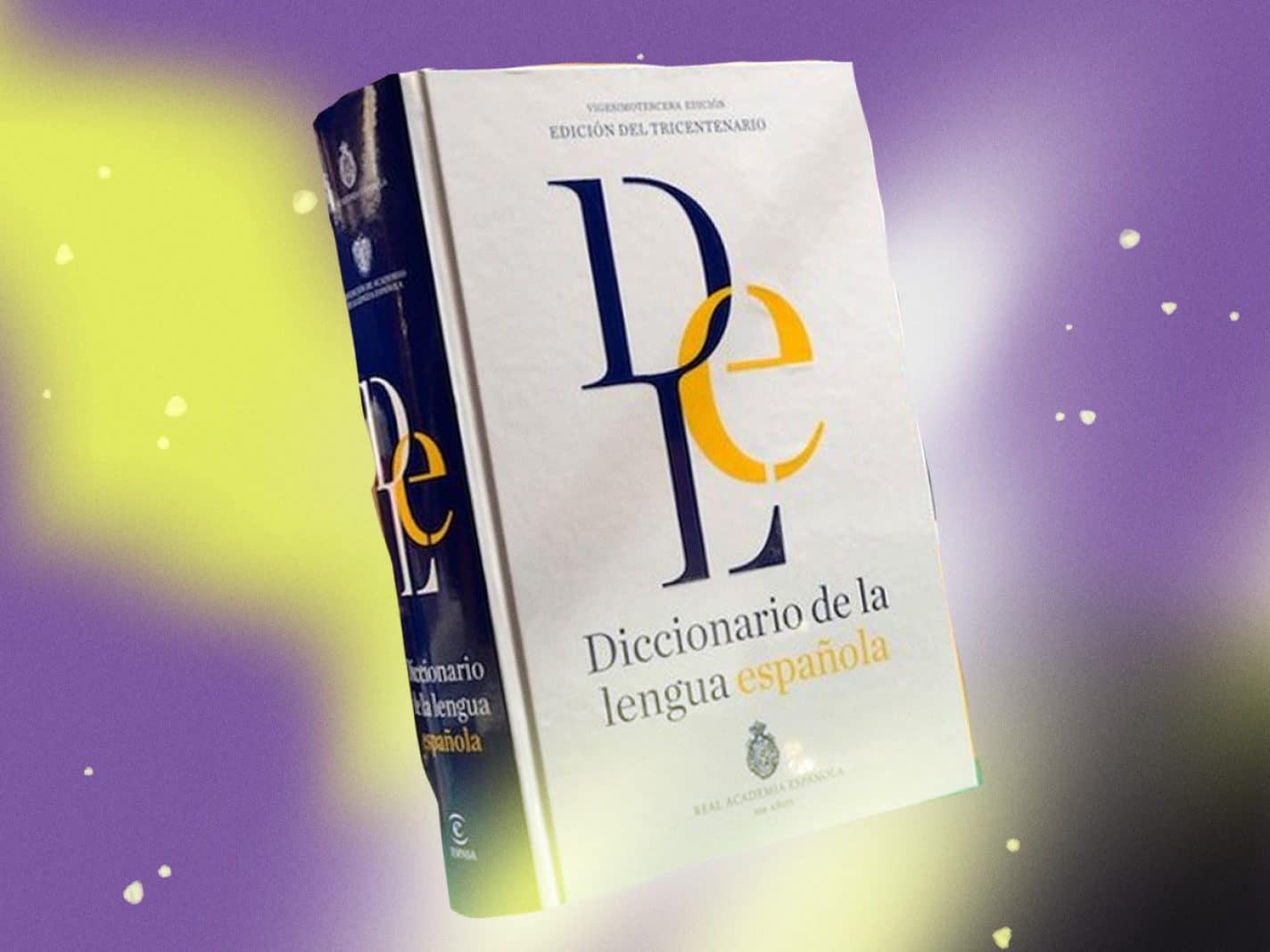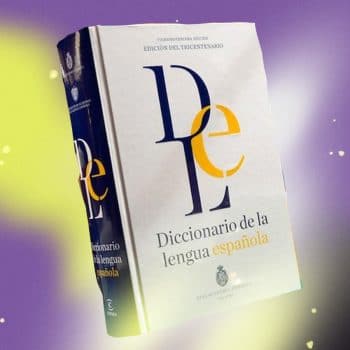For the Spanish language, the Real Academia Española (RAE) is basically the gold standard—for many, anyway. Others have taken issue with the institution’s lack of acceptance of evolution within the language, particularly with newer words like the gender-inclusive terms “Latinx” and “Latine.”
Yesterday, though, the RAE announced that “elle,” the Spanish equivalent of the English language’s nonbinary pronoun they, is under observation. That doesn’t necessarily mean it’s being considered for the official dictionary; it only signifies that the ubiquity of the word is cause enough for explanation and analyzation.
Essentially, “elle” is now on the RAE’s radar.
“The pronoun elle is a resource created and promoted in certain environments to allude to people who do not feel identified by either of the two traditionally existing genders,” the institution’s description reads.
But here’s the backhanded bit, added at the end: “Its use is not widespread or established.”
Searches for Latine or Latinx come up empty on the RAE site. In 2018, an announcement was made via the RAE’s first style manual in which both the “x” and “e,” serving to neutralize gender in any Spanish-language word, were officially barred from the lexicon. That means “todes,” used instead of todas or todos as a way to include all genders, is also barred.
The Academy, which includes a board of academics, a governing board, and other committees, touts as its mission to ensure “the unity and good use of the Spanish language.”
“Elle” could eventually be eliminated from RAE’s records, remain under perceptual observation or—maybe—move into the official dictionary.
Here’s how Latine Twitter responded to the RAE’s acknowledgment of “elle.”




